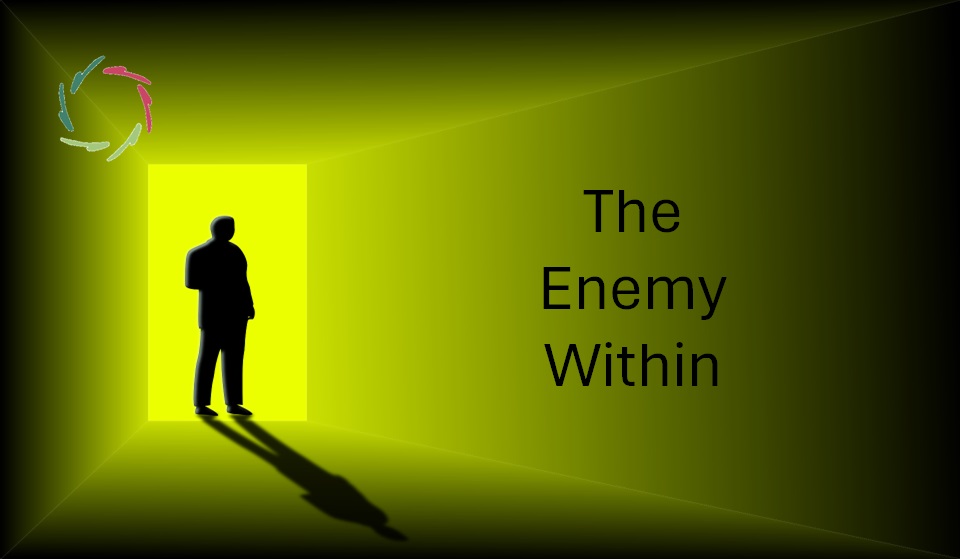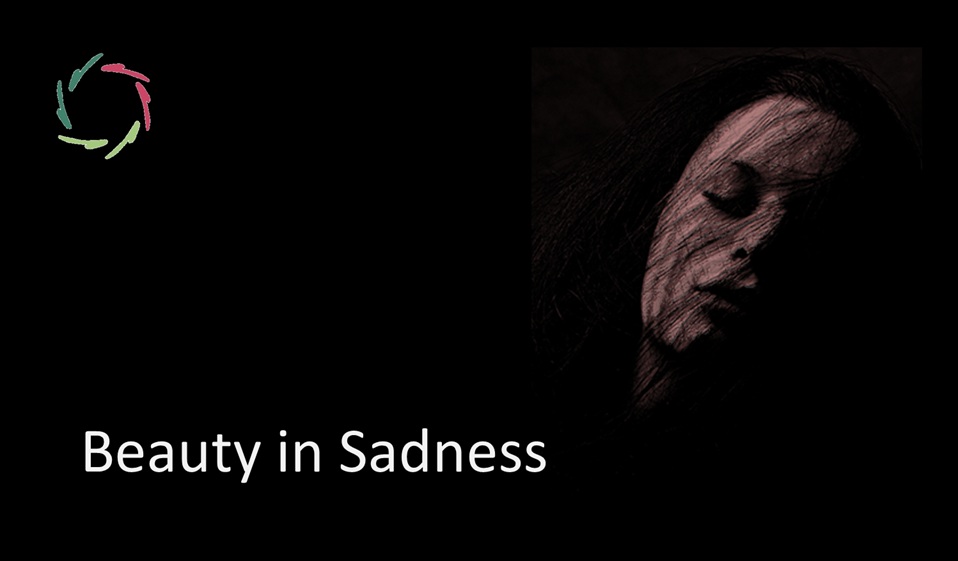The Enemy Within

Carl Jung’s concept of the ‘shadow’ refers to the specific non-conscious part of one’s personality that, according to Jung, contains repressed personal weaknesses and basic instincts. It’s like an enemy within.
If you don’t see or feel this ‘shadow’ within yourself, don’t try to enforce anything.
Embracing the shadow
The shadow is like the darker side of our psyche that we often deny or ignore but is nonetheless integral to our whole being. According to Jung, acknowledging and integrating the shadow is crucial for personal growth and self-realization.
This can lead to profound personal insight and development. It encourages a more authentic relationship with oneself, reducing internal conflicts.
Moreover, it enhances one’s capacity for Compassion towards others. This is because recognizing our own flaws allows us to be more accepting and understanding of the imperfections in others.
Confronting one’s shadow may be challenging.
The shadow often contains elements of our personality that are complex, emotionally charged, and energetically potent. These aspects are ‘numinous’ in that they have a profound, sometimes mysterious significance that goes beyond the ordinary, touching deeper, sometimes spiritual or existential layers of our being.
The integration of these elements may add depth and richness to the individual’s life. However, it’s not without its difficulties. It can stir deep emotions.
Avoiding one’s shadow
As described by Carl Jung, this can also lead to several negative consequences. When not acknowledged and integrated, shadowy elements can cause internal conflicts and emotional disturbances, such as:
- Loss of Wholeness: By ignoring the shadow, a person may feel incomplete or fragmented. This disconnection from parts of oneself can lead to a lack of authenticity and a feeling of not being fully alive.
- Projection: Unrecognized shadow aspects are often projected onto others, leading to misunderstandings, biased perceptions, and interpersonal conflicts.
- Emotional Disturbances: Suppressing shadow elements can contribute to emotional disturbances like anxiety and depression.
- Blocked Personal Growth: Personal growth and self-realization are hindered when the shadow is not integrated.
- Compulsive Behaviors: Especially if they include repressed desires or unmet needs, this can lead to behaviors that are out of alignment with one’s conscious values and life goals.
Jung went further in seeing this as causing huge social upheaval and even war.
Collective societal impacts
Carl Jung also believed that when a society neglects or suppresses the shadow aspects within its collective psyche, this can lead to widespread psychological unrest and social upheaval, such as:
- Collective Shadow: Just as individuals have a shadow, so too do societies. This collective shadow consists of the ideas, beliefs, and moral imperatives that are not acknowledged or integrated into the public consciousness of a society.
- Projection and Scapegoating: When these collective shadows are not recognized, societies may project these traits onto other groups or nations, which can lead to scapegoating. This process can foster xenophobia, racism, and intolerance, as societal issues are blamed on ‘the other’ rather than being addressed within.
- Conflict and War: Jung suggested that large-scale conflicts and wars can be seen as manifestations of a collective failure to integrate the shadow. By projecting disowned parts onto external enemies, societies can externalize internal conflicts, leading to war.
- Cycle of Violence: This cycle of projection and conflict can perpetuate itself, leading to recurring patterns of violence and unrest within a society. Each conflict leaves the collective shadow unaddressed, ready to erupt again under suitable conditions.
Jung advocated for the recognition and integration of the shadow at both individual and collective levels as essential for true peace and stability. He saw this integration as a preventive measure against the psychological and social fragmentation that can lead to violence and war.
AURELIS
Jung’s concept of the shadow aligns with the AURELIS concept of ――Inner Dissociation.
Embracing the Jungian shadow is akin to acknowledging and working with the Aurelian deeper self from such a state of dissociation. This integration can lead to a more profound inner harmony and authenticity, reducing internal conflicts. In AURELIS, such a process is supported through a myriad of autosuggestion techniques that foster a Compassionate approach to oneself and a Compassionate outreach to others.
AURELIS encourages a supportive mindset, using proper tools to facilitate gentle and Compassionate self-exploration. This approach helps to ensure that the engagement with the shadow is not about confrontation but healing and growth, allowing the individual to harness the energy and potential that the shadow holds, turning it into a source of strength and self-realization.
If done well, the journey towards wholeness is both challenging and rewarding. Moreover, it is necessary for a bright future for humankind.


